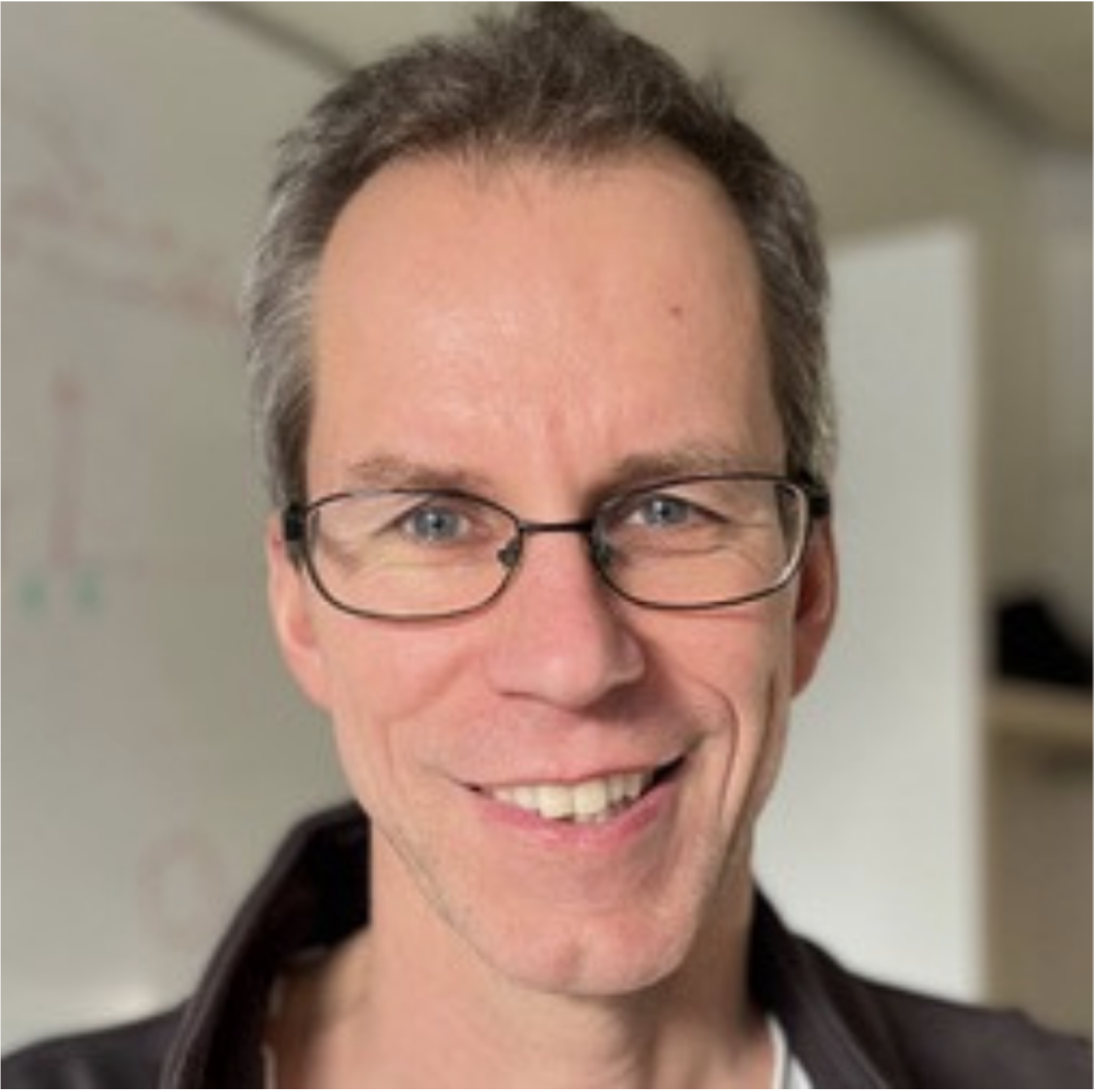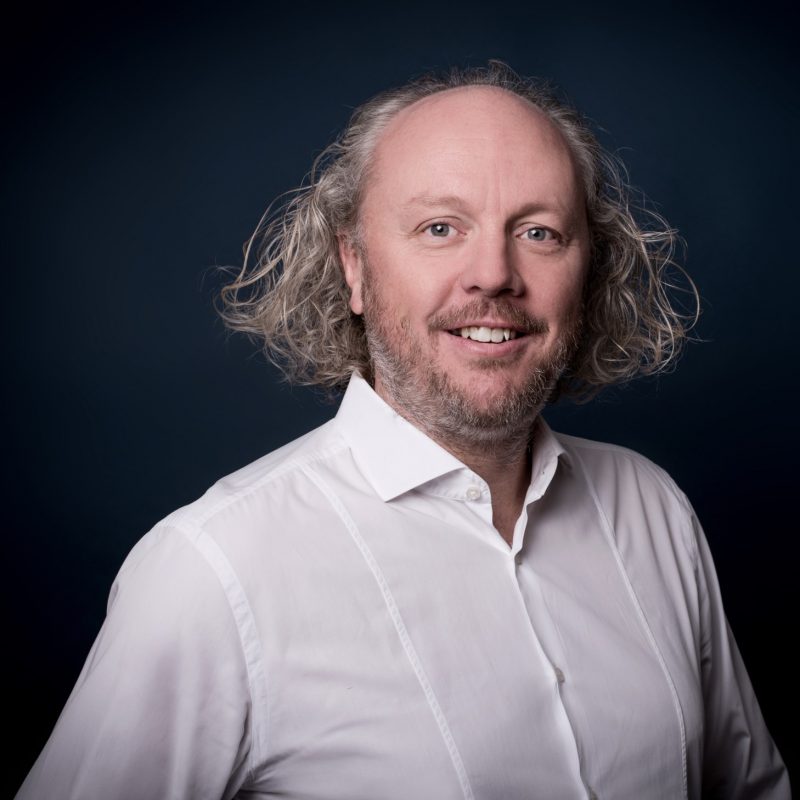Thiemo Voigt
Towards Battery-Free In-Body Internet of Things
Abstract
Already in 2005, 25 Mio US citizens were relying on implanted medical devices (IMDs) such as pacemakers for life-critical functions. This number is expected to increase tremendously in the future in particular as new application areas for implanted medical devices such as drug delivery systems, intracranial pressure monitoring devices and artificial kidneys are emerging. A further trend is to network these implanted devices which is necessary since more and more (elderly) people have multiple diseases that can benefit from implanted devices. Moreover, networking these implanted devices also enables new sensing applications within the human body. Nevertheless, some applications cannot be realized today due to a lack of bandwidth inside the body since current in-body communication methods such as capacitive and galvanic coupling do not offer high data rates. We have recently pioneered a novel approach, Fat-IBC, that uses the human body’s adipose (fat) tissue as a communication channel for RF-based communication. Situated between the skin and muscle layers that act as a wave guide the fat layer allows for energy-efficient communication inside the body. In this talk, I present Fat-IBC and discuss both some measures to secure this novel in-body communication as well as some possible applications.About the speaker
 Thiemo Voigt is a Professor at the Department of Electrical Engineering at Uppsala University, Sweden. He is also a senior researcher at RISE Computer Science. He received his Ph.D. in 2002 from Uppsala University. His current research focuses on low-power wireless networks, Ambient IoT, in-body communication and its applications and system software for embedded networked devices and the Internet of Things. Prof. Voigt's work has been cited more than 21000 times. He is a member of the editorial board for the ACM Transactions on Sensor Networks (TOSN). en/contact-and-organisation/staff?query=N2-279
Thiemo Voigt is a Professor at the Department of Electrical Engineering at Uppsala University, Sweden. He is also a senior researcher at RISE Computer Science. He received his Ph.D. in 2002 from Uppsala University. His current research focuses on low-power wireless networks, Ambient IoT, in-body communication and its applications and system software for embedded networked devices and the Internet of Things. Prof. Voigt's work has been cited more than 21000 times. He is a member of the editorial board for the ACM Transactions on Sensor Networks (TOSN). en/contact-and-organisation/staff?query=N2-279
Franz Fitzek
Tactile Internet with Humans-in-the-Loop
Abstract
Frank H. P. Fitzek, Professor and Chair of the “Deutsche Telekom Chair of Communication Networks” at TU Dresden, leads at the forefront of telecommunications research in Germany. As the spokesperson for the DFG Cluster of Excellence CeTI and the 6G-life hub, his contributions have significantly shaped the field of communication networks.About the speaker
 Educationally, Fitzek completed his diploma in electrical engineering at RWTH Aachen, Germany, in 1997, followed by a Ph.D. in Electrical Engineering from the Technical University Berlin in 2002. That same year, he embarked on his professorial journey at the University of Ferrara, Italy, and further expanded his academic influence to Aalborg University in 2003 as a Professor. An entrepreneurial spirit, Fitzek co-founded over ten startups, beginning with acticom GmbH in 1999. His global research footprint includes prestigious institutions like MIT, VTT, and Arizona State University. Fitzek’s groundbreaking work in MIMO MDC earned him the YRP award in 2005, alongside the Danish Young Elite Researcher Award. His innovative contributions were recognized with the NOKIA Champion Award annually from 2007 to 2011, the Nokia Achievement Award in 2008 for cooperative networks, the SAPERE AUDE research grant in 2011, and the Vodafone Innovation prize in 2012. In 2015, he was honored with the “Doctor Honoris Causa” degree from BUTE. His research ambitiously spans 5G/6G communication networks, in-network computing, network coding, compressed sensing, post-Shannon theory, quantum and molecular communication, and immersive human-machine interaction in virtual environments. For more information, please refer to: cn.ifn.et.tu-dresden.de/chair/staff/fitzek/
Educationally, Fitzek completed his diploma in electrical engineering at RWTH Aachen, Germany, in 1997, followed by a Ph.D. in Electrical Engineering from the Technical University Berlin in 2002. That same year, he embarked on his professorial journey at the University of Ferrara, Italy, and further expanded his academic influence to Aalborg University in 2003 as a Professor. An entrepreneurial spirit, Fitzek co-founded over ten startups, beginning with acticom GmbH in 1999. His global research footprint includes prestigious institutions like MIT, VTT, and Arizona State University. Fitzek’s groundbreaking work in MIMO MDC earned him the YRP award in 2005, alongside the Danish Young Elite Researcher Award. His innovative contributions were recognized with the NOKIA Champion Award annually from 2007 to 2011, the Nokia Achievement Award in 2008 for cooperative networks, the SAPERE AUDE research grant in 2011, and the Vodafone Innovation prize in 2012. In 2015, he was honored with the “Doctor Honoris Causa” degree from BUTE. His research ambitiously spans 5G/6G communication networks, in-network computing, network coding, compressed sensing, post-Shannon theory, quantum and molecular communication, and immersive human-machine interaction in virtual environments. For more information, please refer to: cn.ifn.et.tu-dresden.de/chair/staff/fitzek/